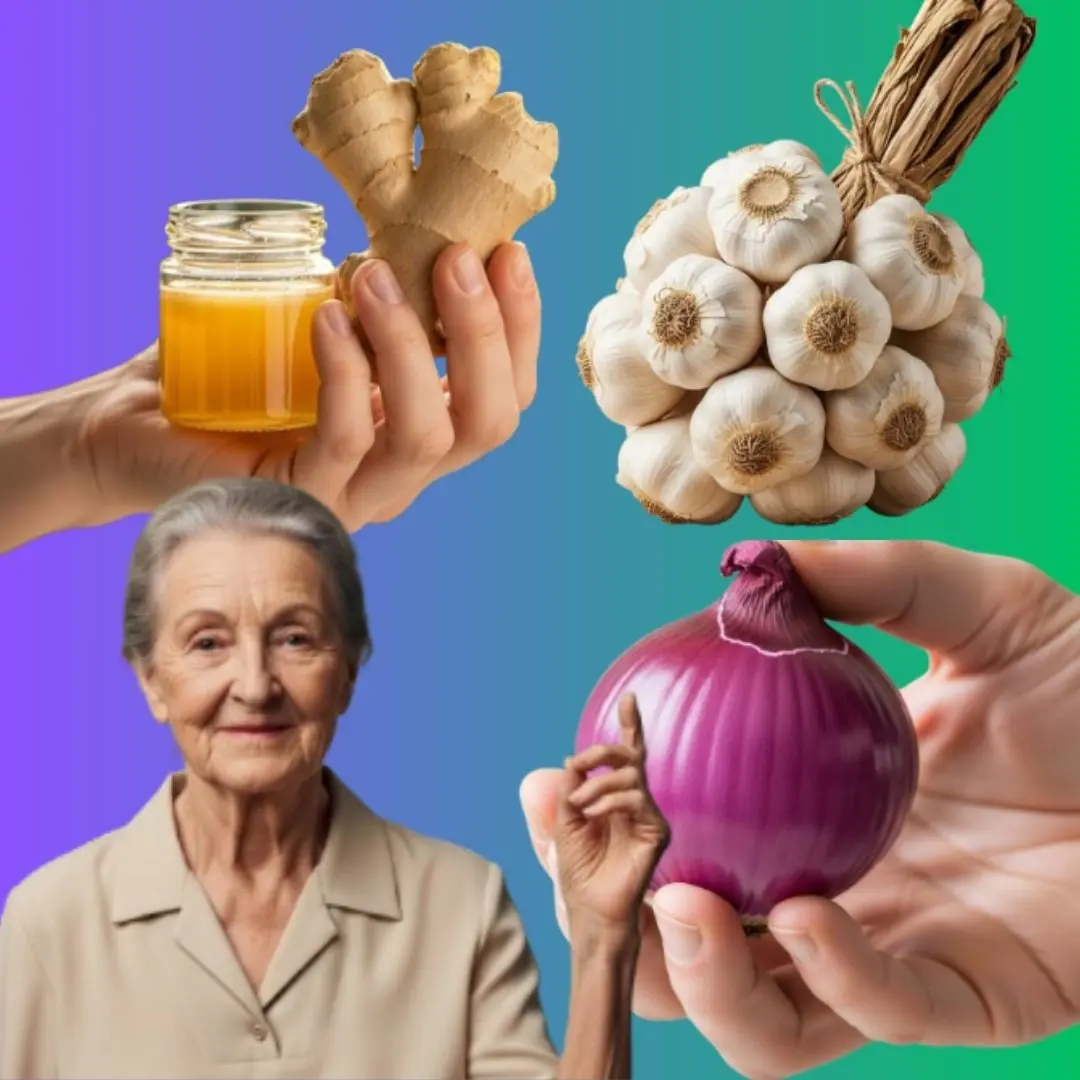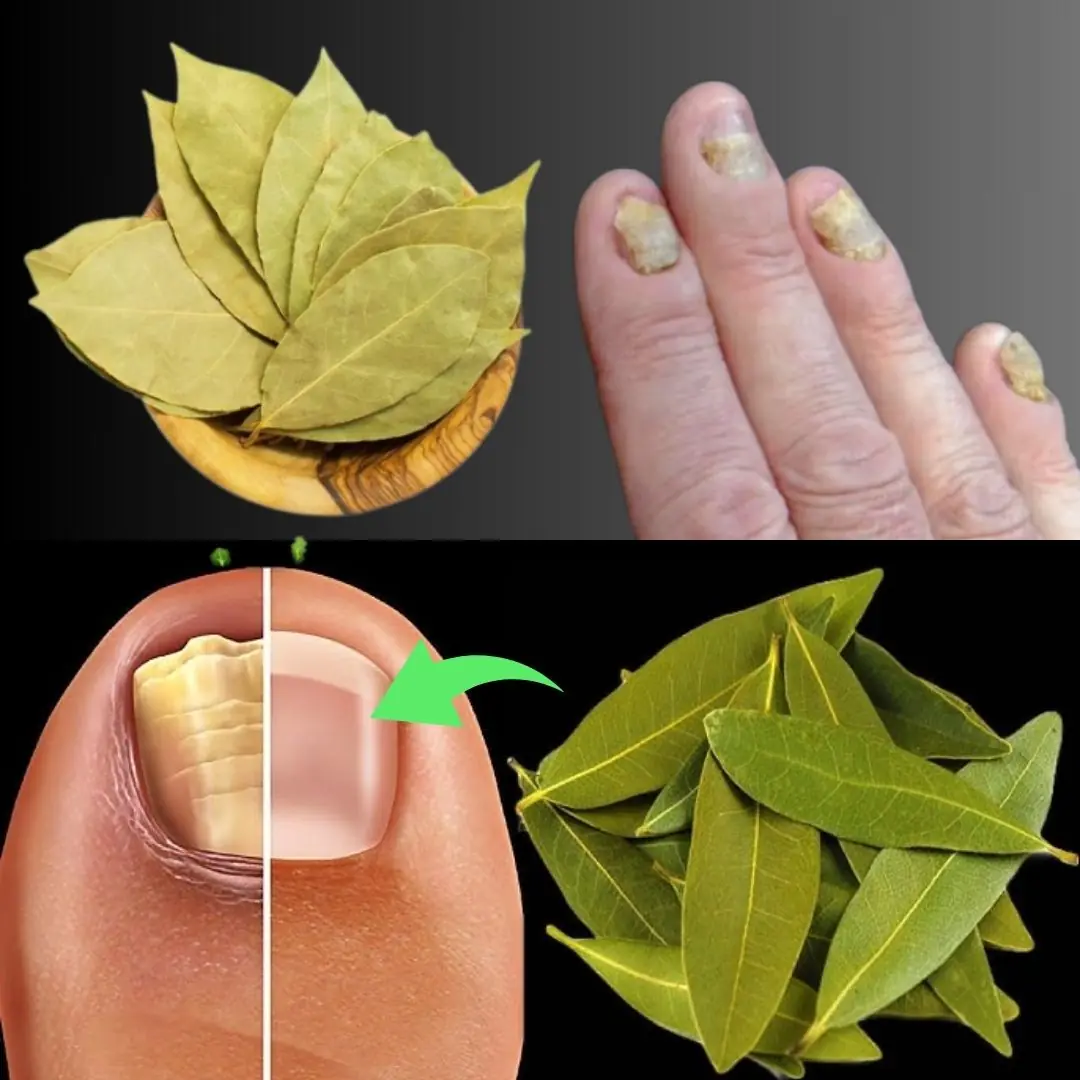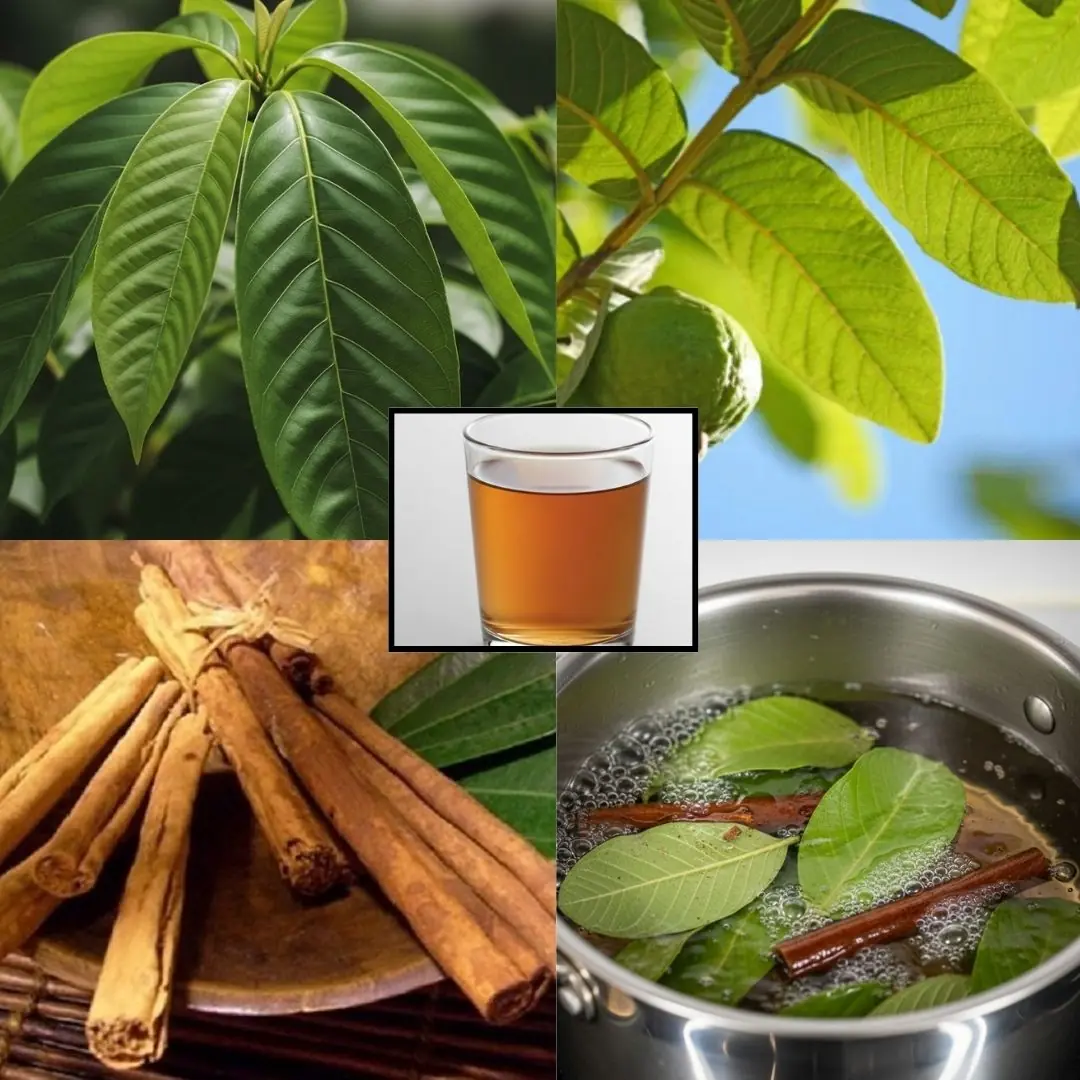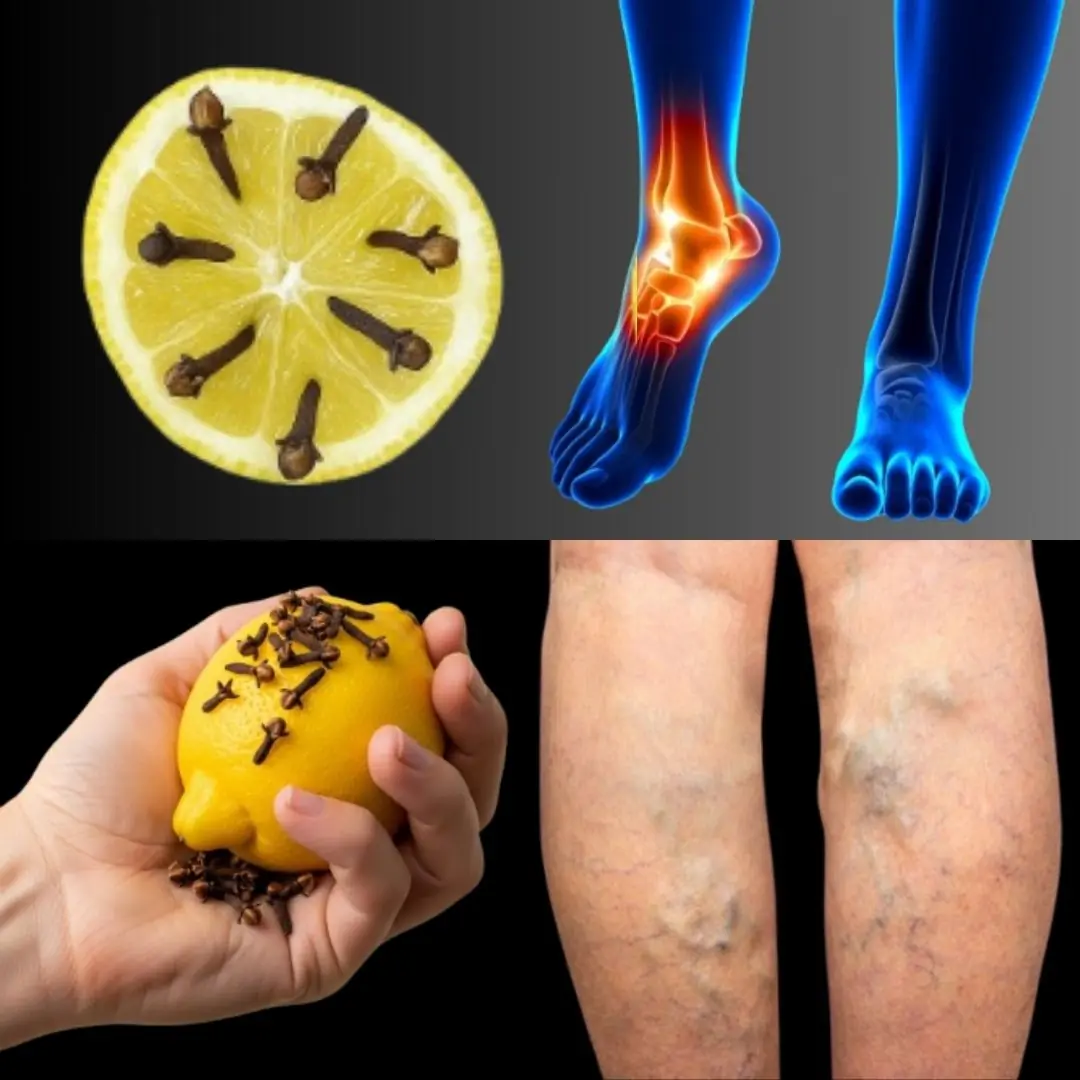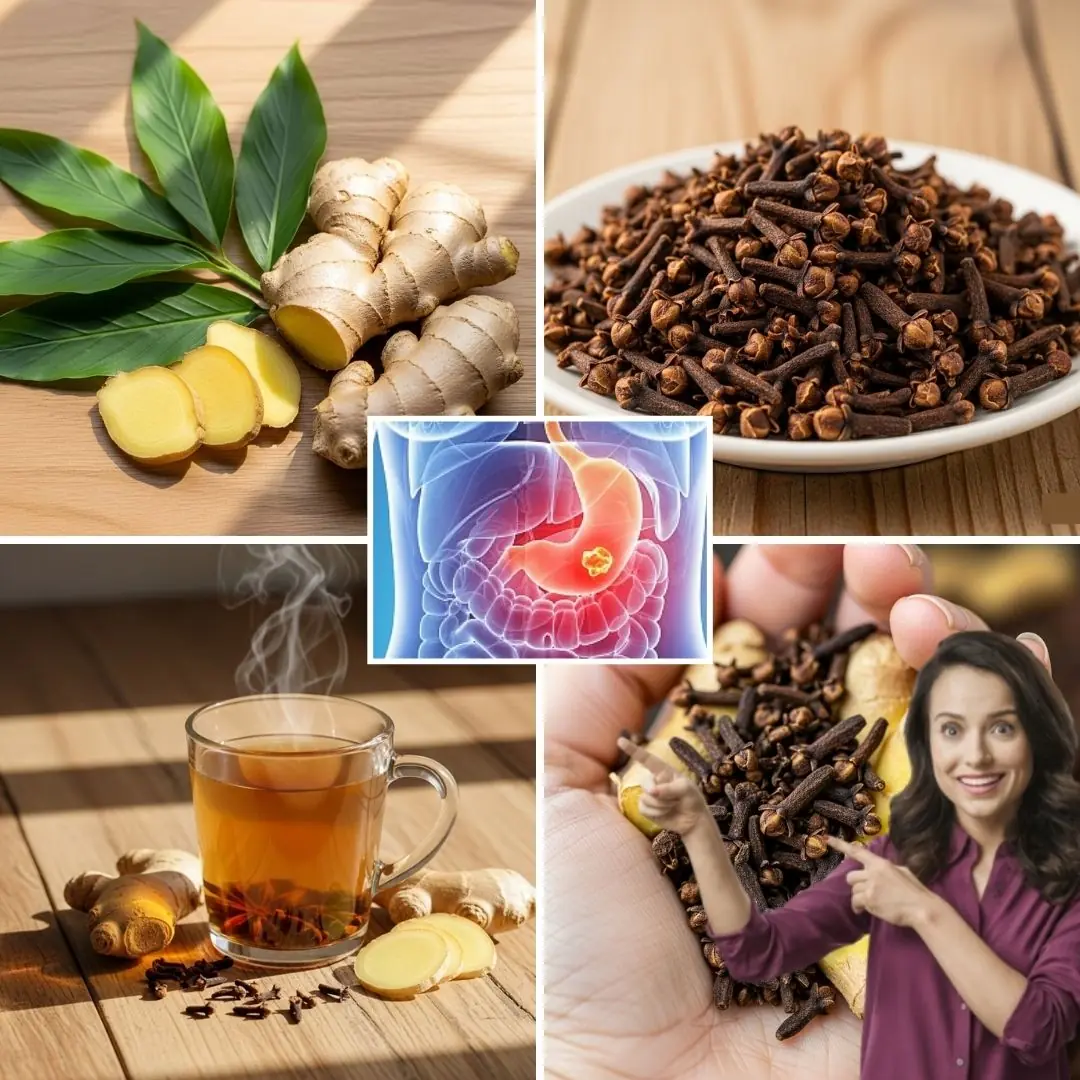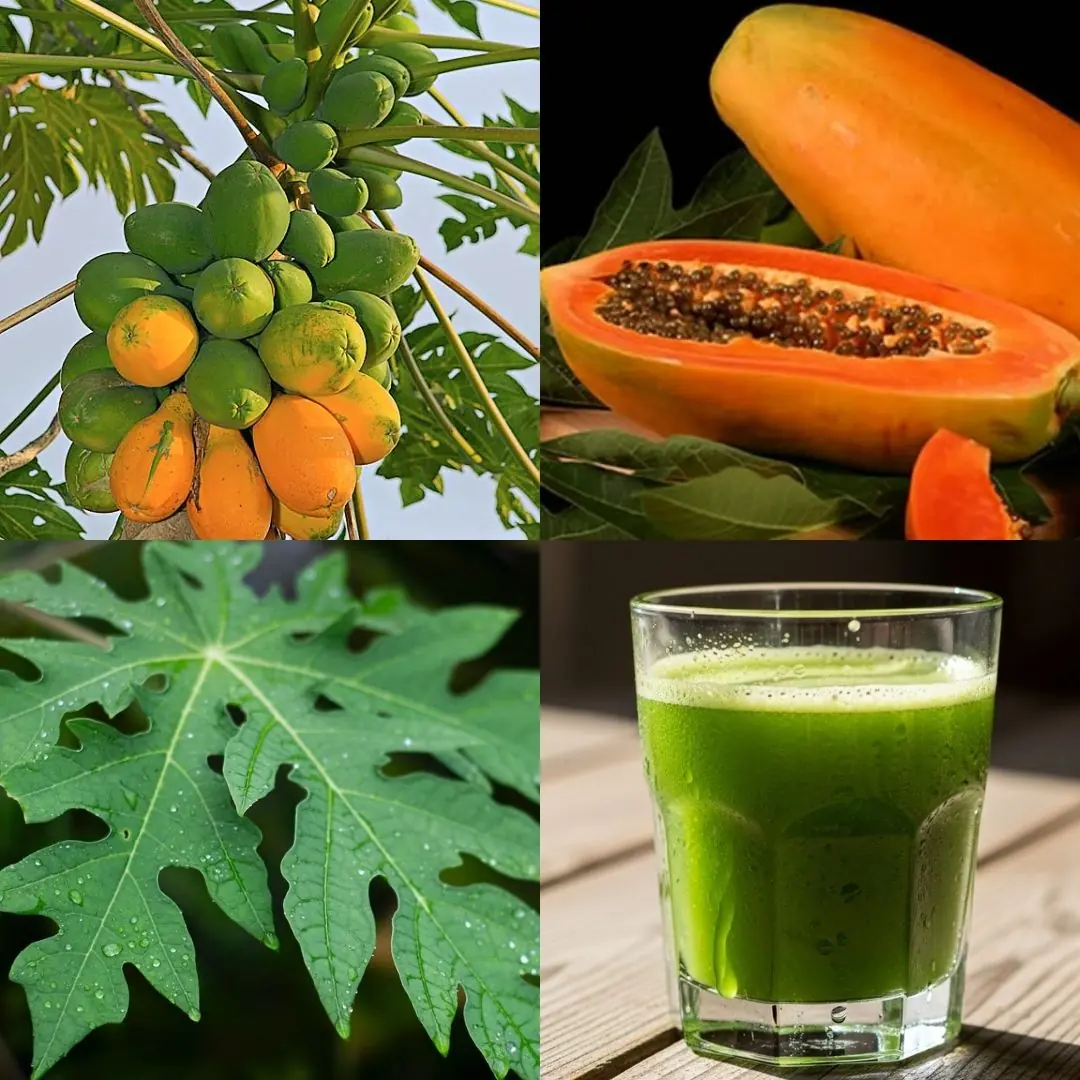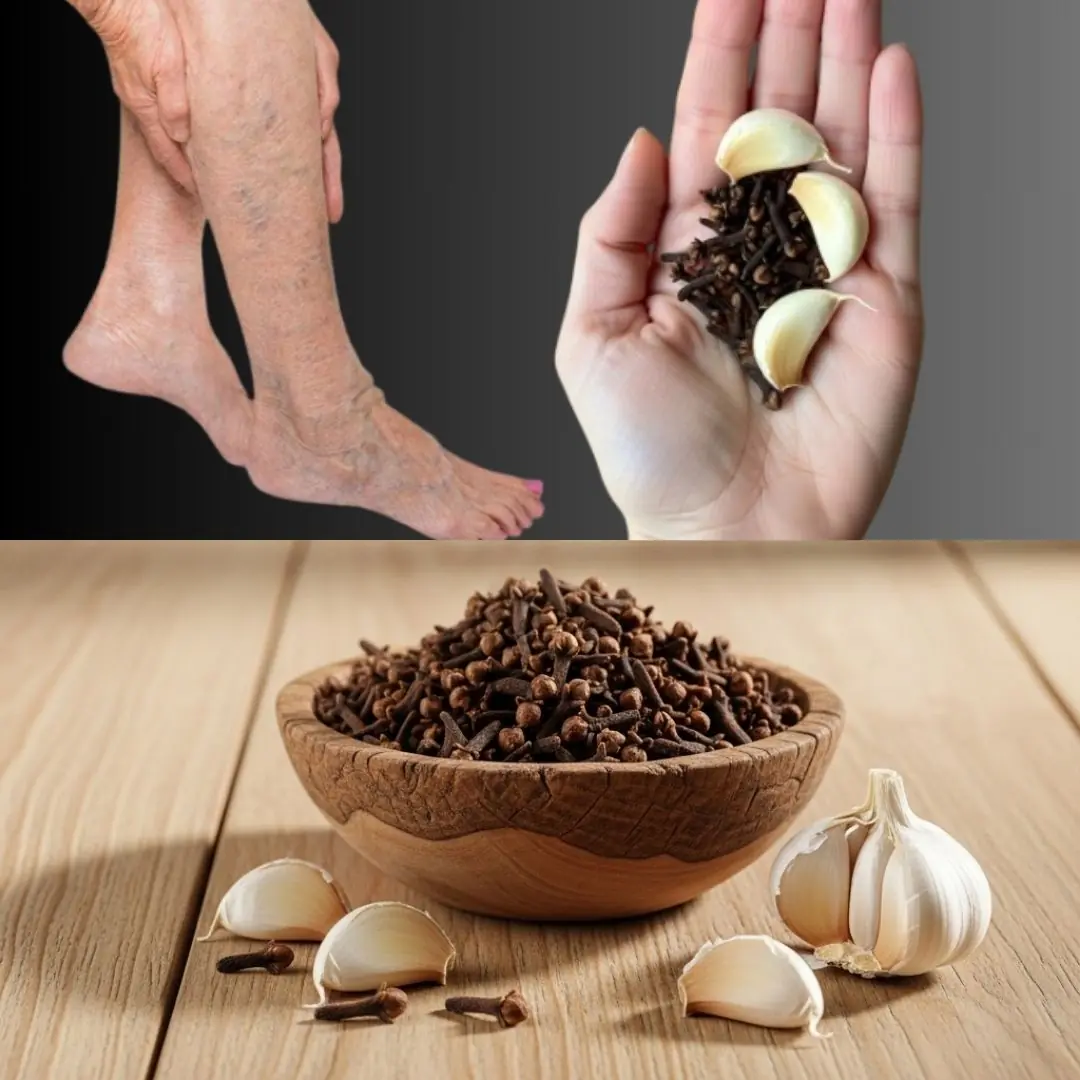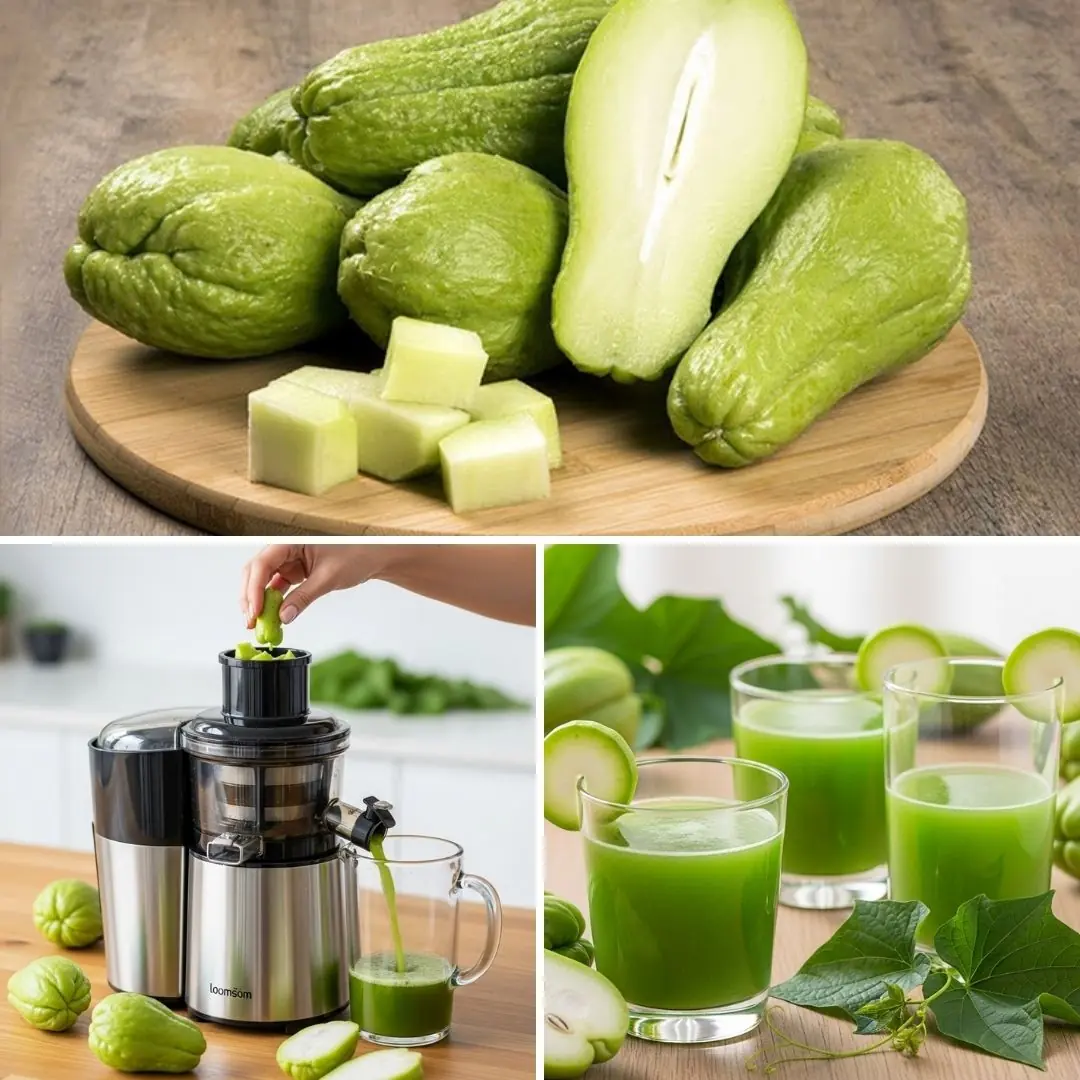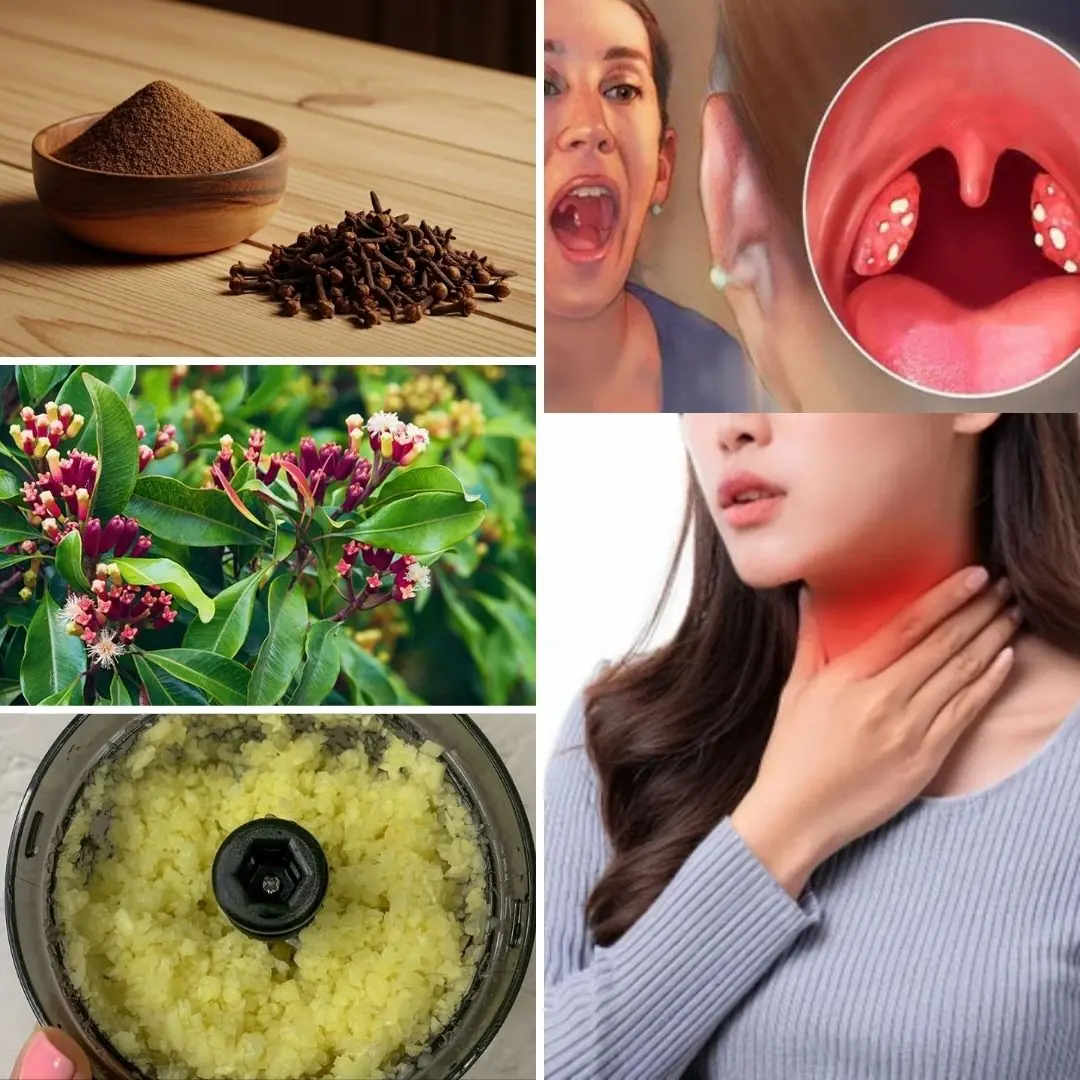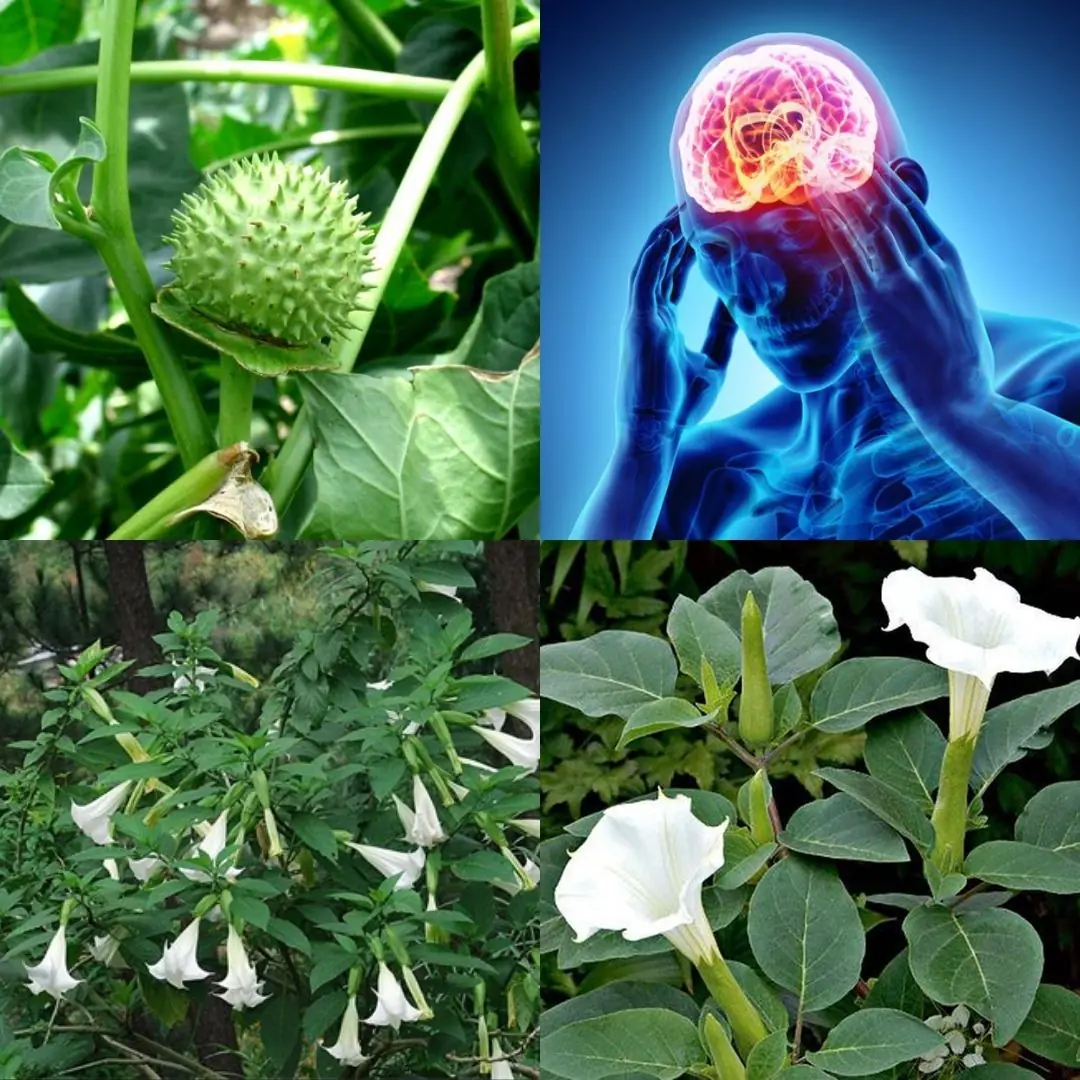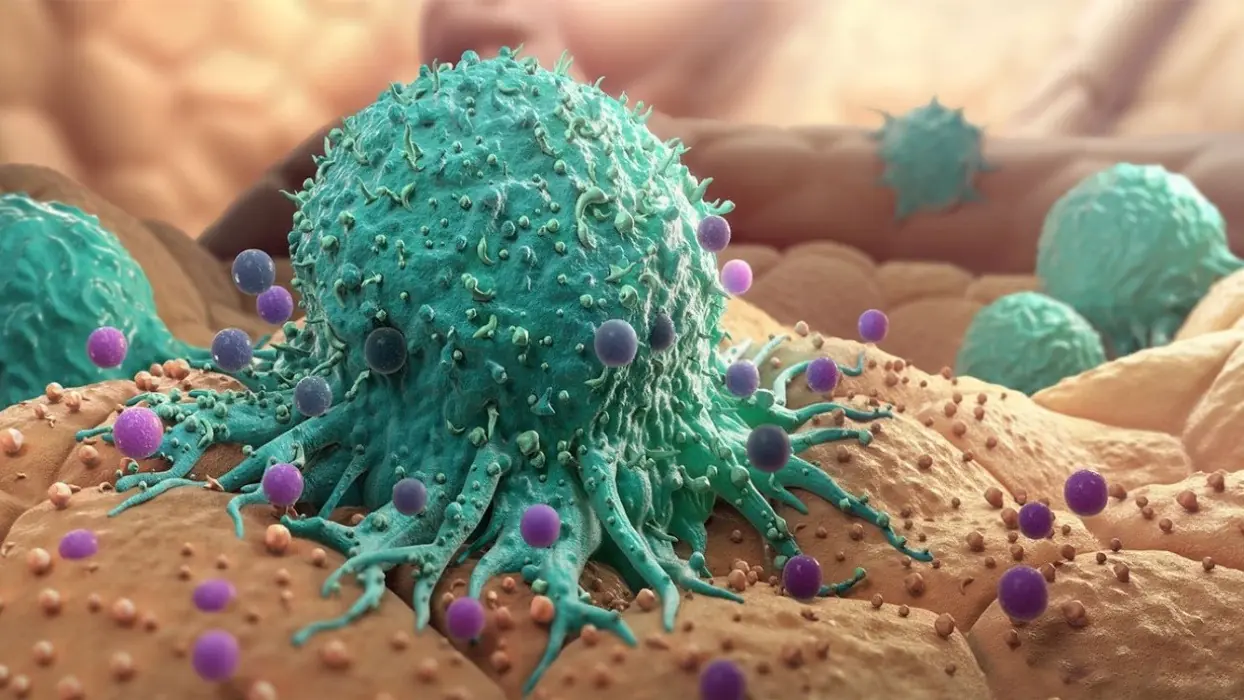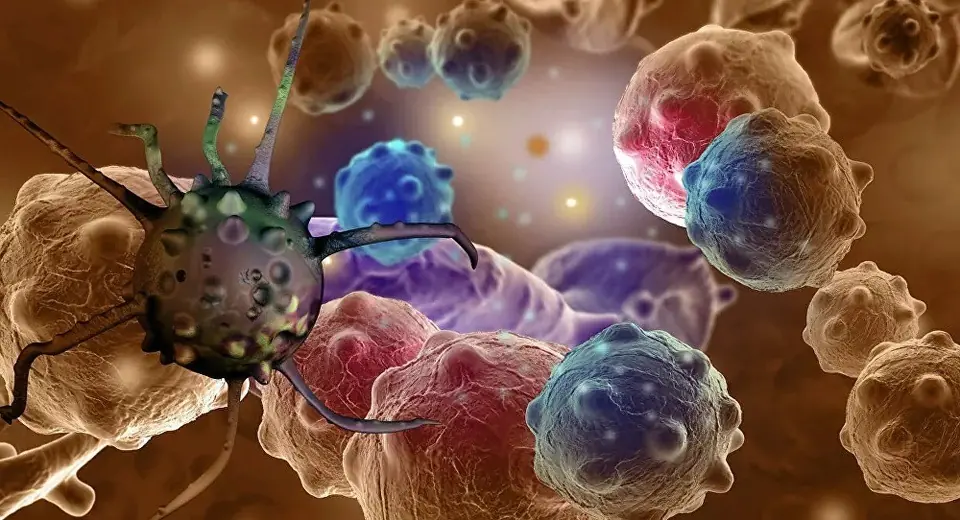Have You Overlooked This Tiny Weed? Discover the 12+ Powerful Benefits of Phyllanthus Niruri
Have you ever noticed a small, leafy weed in your garden and dismissed it as just another nuisance? You might be ignoring one of nature’s most underrated herbal powerhouses. Phyllanthus niruri—commonly known as chanca piedra or the “stone breaker”—is a humble-looking plant with a long-standing reputation in traditional medicine. Revered in Ayurvedic, Amazonian, and folk practices for centuries, this tropical herb is celebrated for supporting kidney function, liver detox, digestive health, and much more.
From rural backyards to coastal roadsides, Phyllanthus niruri thrives in unexpected places, quietly offering impressive health potential. In this article, we’ll dive into 12+ science-backed health benefits of Phyllanthus niruri—and how to use it safely to support your wellness naturally.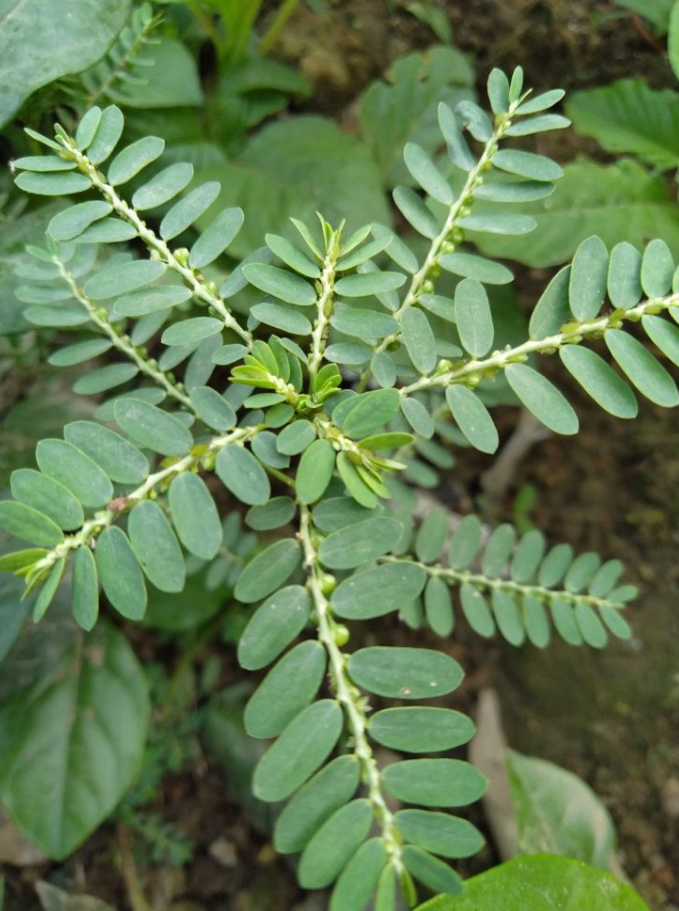
🌿 What Is Phyllanthus Niruri?
Phyllanthus niruri is a small annual herb that grows in tropical and subtropical climates, found throughout Asia, South America, and even parts of the southern U.S. Its nickname “stone breaker” originates from its traditional use to treat kidney stones, but modern research reveals a far broader spectrum of benefits.
-
Whole-Plant Medicine: The leaves, stems, and roots are all used in herbal formulations—typically as teas, capsules, tinctures, or powders.
-
Nutritional Composition: Rich in vitamins C and A, along with beneficial plant compounds such as flavonoids, alkaloids, tannins, and lignans.
-
Key Active Components: Includes phyllanthin, quercetin, ellagic acid, and other antioxidants known to support liver and kidney health.
-
Traditional Roots: Used in Ayurveda, Traditional Chinese Medicine, and South American healing systems for over 2,000 years for treating jaundice, hepatitis, infections, digestive issues, and kidney stones.
While human clinical trials are still developing, leading institutions like Mayo Clinic and WebMD acknowledge the plant’s potential for supporting general wellness—when used responsibly.
🌱 1. Kidney Stone Prevention and Support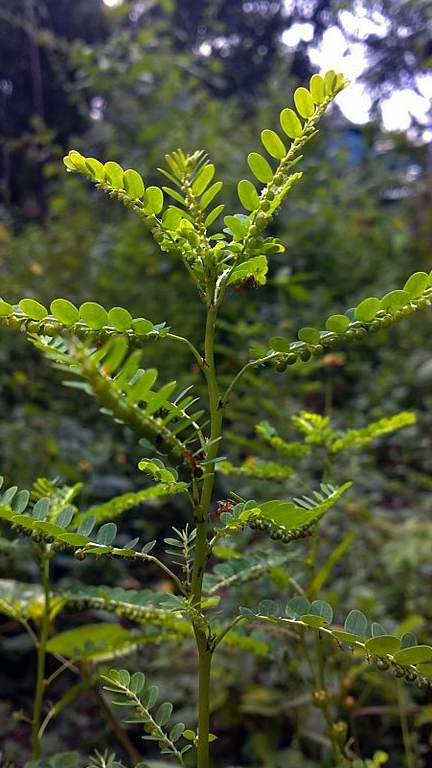
Phyllanthus niruri is best known for its kidney stone-fighting capabilities. It may help both in preventing stone formation and facilitating their passage through the urinary tract.
-
Stone Size Reduction: In one study, 56 patients who took 4.5 grams daily of Phyllanthus niruri for 12 weeks experienced a significant decrease in kidney stone size and improved urine mineral excretion.
-
Crystal Formation Inhibition: Helps block calcium oxalate crystal growth, the primary component of most kidney stones.
-
Smooth Muscle Relaxation: Relaxes ureteral muscles to support the natural expulsion of stones, making the process less painful.
For those who are prone to stones or at higher risk—especially older adults—this herb could be a supportive addition to a doctor-approved kidney care plan.
🧽 2. Liver Protection and Detoxification
Your liver performs hundreds of functions daily, from filtering toxins to balancing hormones. Phyllanthus niruri has long been used to nourish and protect this vital organ.
-
Hepatoprotective Activity: Animal studies show its compounds can protect liver cells from damage caused by alcohol, drugs, or oxidative stress.
-
Hepatitis B Inhibition: Some lab studies suggest it may slow the replication of the hepatitis B virus, though more human data is needed.
-
Bile Production Support: Encourages bile flow, aiding in fat metabolism and natural detox.
Adding this herb to your diet—alongside a nutrient-rich, low-toxin lifestyle—can provide natural liver support over time.
🍭 3. Blood Sugar Balance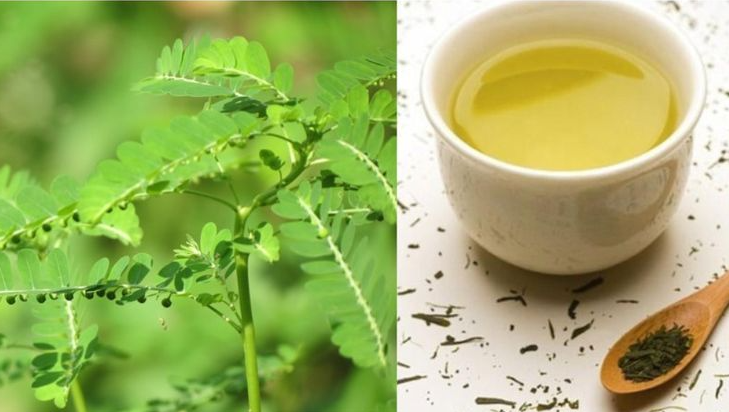
Phyllanthus niruri has shown promising effects in helping regulate blood glucose levels, making it a valuable herb for those with prediabetes, metabolic syndrome, or Type 2 diabetes.
-
Lowers Fasting Glucose: Animal studies show its extracts reduce blood sugar spikes and improve metabolic markers.
-
Insulin Enhancement: May increase insulin sensitivity, promoting better blood sugar control.
-
Traditional Use: Widely used in Indian and South American traditional medicine to help manage diabetes symptoms.
Caution: Always consult your healthcare provider before combining herbal remedies with diabetes medications to avoid hypoglycemia.
🔥 4. Natural Inflammation Fighter
Chronic inflammation plays a role in many diseases, from arthritis to heart disease. Phyllanthus niruri may offer natural relief by blocking key inflammatory pathways.
-
Comparable to NSAIDs: Some studies show anti-inflammatory effects similar to ibuprofen in animal models.
-
Antioxidant Phytochemicals: Includes quercetin and ellagic acid, which help calm inflammation and oxidative stress.
-
Arthritis and Joint Health: May reduce joint swelling and discomfort in conditions like rheumatoid arthritis.
For best results, combine with other anti-inflammatory lifestyle habits—such as an omega-3 rich diet, regular movement, and stress management.
🛡 5. Gastrointestinal Protection (Ulcers & Digestion)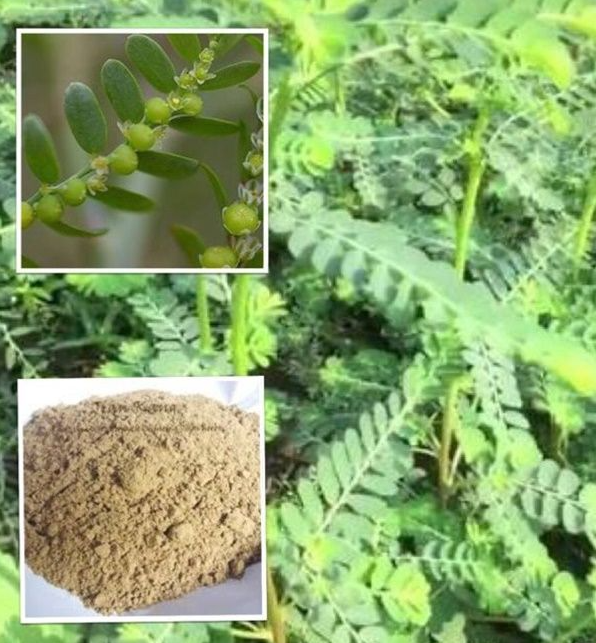
This herb has shown protective effects against ulcers, digestive upset, and gut irritation.
-
Ulcer Shield: Animal research confirms that Phyllanthus niruri may help protect the stomach lining from acid damage and inflammation.
-
Bitter Tonic Action: Stimulates digestive enzymes and bile, aiding in smoother digestion and nutrient absorption.
-
Relieves Gas and Bloating: Traditionally used to ease indigestion and irritable bowel symptoms.
Try it in tea form after meals to support post-meal digestion.
🧬 6. Immunity and Cellular Protection
Thanks to its high antioxidant concentration, Phyllanthus niruri helps defend your body against free radicals and harmful pathogens.
-
Boosts Immune Function: May enhance white blood cell activity, helping you fend off infections.
-
Vitamin C Source: Offers immune-nourishing nutrients essential for collagen, skin, and repair.
-
Oxidative Stress Defense: Combats cellular aging by neutralizing DNA-damaging radicals.
During cold and flu season, drinking a daily cup of Phyllanthus tea may give your immunity a gentle edge.
💧 7. Supports Blood Pressure Regulation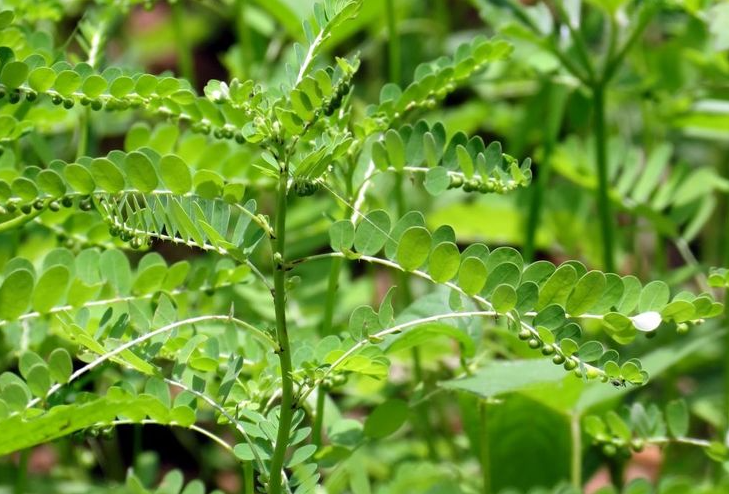
Because of its diuretic and vasodilatory effects, Phyllanthus niruri may be helpful in naturally maintaining healthy blood pressure levels.
-
Fluid Balance: Increases urine output, helping reduce water retention and circulatory pressure.
-
Relaxation of Arteries: Some compounds may ease blood vessel constriction, though human studies are limited.
-
Potassium-Rich: Supports electrolyte balance, important for cardiovascular health.
Pair with daily movement and a heart-friendly diet for holistic blood pressure care.
🌟 8. Skin and Wound Healing Support
With antimicrobial and anti-inflammatory properties, Phyllanthus niruri may also promote healthy, resilient skin.
-
Cleanses Skin Infections: Traditionally used for minor eczema, psoriasis, and even fungal issues.
-
Wound Healing: May help cleanse and speed up healing of cuts and rashes.
-
Clearer Complexion: Antioxidants help reduce skin irritation and acne.
Try using cooled Phyllanthus tea as a facial rinse—after a patch test—for natural skin nourishment.
🏃♂️ 9. Supports Weight Management
Phyllanthus niruri may assist those on a weight-loss or metabolism support journey.
-
Fat Metabolism: Encourages more efficient lipid breakdown.
-
Mild Appetite Control: Its bitterness can gently curb cravings and encourage satiety.
-
Reduces Puffiness: Its diuretic nature helps shed excess water weight.
Use it alongside a clean diet, exercise, and plenty of hydration for the best results.
🦴 10. Promotes Joint Health
For seniors or those with joint discomfort, Phyllanthus niruri may provide gentle anti-inflammatory relief.
-
Joint Swelling Relief: Helps reduce pain and inflammation associated with arthritis.
-
Natural Pain Management: Some users report less stiffness when using it regularly.
-
Supports Active Aging: Encourages greater mobility in older adults when paired with stretching or low-impact activities.
Combine with yoga, turmeric, or collagen-rich foods for joint longevity.
🔒 11. Defends Against Oxidative Stress and Aging
Oxidative stress accelerates cellular aging and contributes to conditions like heart disease, cancer, and neurodegeneration.
-
Antioxidant Shield: Neutralizes free radicals that cause cellular damage.
-
Neuroprotective Effects: May support brain and cognitive health, though more research is needed.
-
Heart Health: Helps reduce inflammation and protect arteries from damage.
Think of it as a natural anti-aging supplement—best paired with a diet rich in colorful, whole foods.
✅ 12. How to Use Phyllanthus Niruri Safely
-
Forms Available: Capsules, teas, tinctures, and powders.
-
**Suggested Starting

